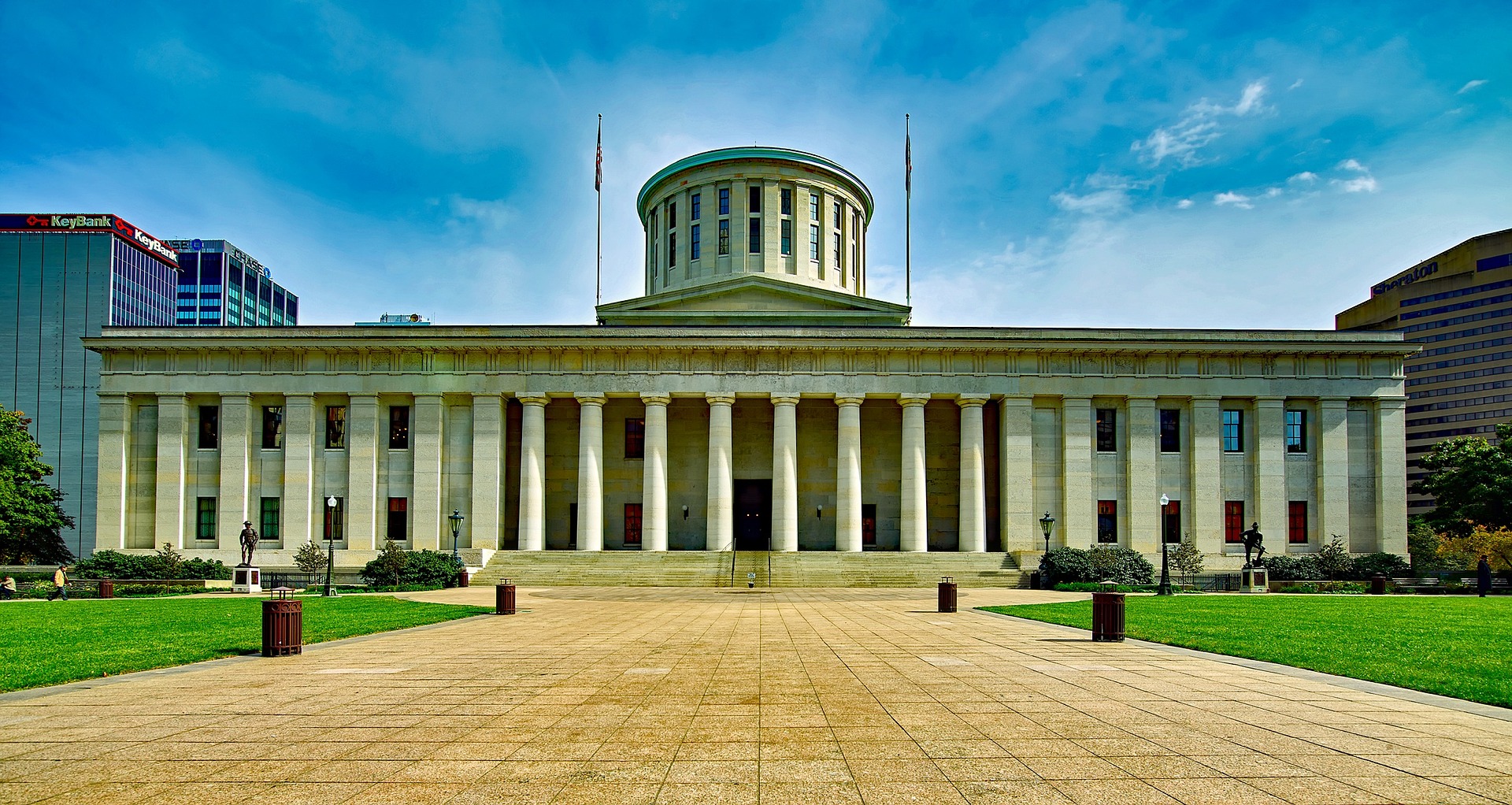The Role and Impact of International Law in Climate Change Policies
Introduction: Climate change is a pressing global issue that demands immediate attention and action. This article delves into the role of international law in shaping and enforcing climate change policies, exploring its implications and impacts on society.

Historical Context of International Law and Climate Change
The role of international law in environmental conservation traces back to the 1972 United Nations Conference on the Human Environment. The conference marked the first global effort to address environmental issues, including climate change, and resulted in the establishment of the United Nations Environment Programme (UNEP).
In the 1980s, scientists started raising concerns about global warming, leading to the creation of the Intergovernmental Panel on Climate Change (IPCC) in 1988. It was the first international body tasked to assess scientific information related to climate change.
The Emergence of Climate Change Law
The 1992 United Nations Framework Convention on Climate Change (UNFCCC) marked the birth of climate change law. The treaty aimed to prevent “dangerous anthropogenic interference with the climate system”. The Kyoto Protocol of 1997 and the Paris Agreement of 2015 are significant milestones that further reinforce the role of international law in addressing climate change.
Current Developments in Climate Change Law
Climate change law is continuously evolving, with nations striving to meet their commitments under the Paris Agreement. Recently, the European Union proposed a landmark legislation, “Fit for 55”, aimed at reducing greenhouse gas emissions by 55% by 2030.
On the other hand, many developing countries are still struggling to implement effective climate change laws due to lack of resources and technology.
Implications and Impact of Climate Change Laws
International climate change laws have profound implications for nations and their societies. They drive countries to transition towards low-carbon economies, necessitating changes in energy policies, industrial practices, and lifestyle habits.
Moreover, they also underscore the principle of “climate justice”, emphasizing that developed nations, being the primary contributors to global warming, bear greater responsibility in mitigating climate change.
The Future of Climate Change Law
The future of climate change law largely depends on international cooperation and compliance. While the Paris Agreement has marked a significant step forward, more stringent measures are needed to prevent a climate catastrophe.
Moreover, the issue of “loss and damage”, i.e., dealing with the unavoidable impacts of climate change, is becoming increasingly important, necessitating new legal frameworks and mechanisms.
In conclusion, international law plays a crucial role in shaping climate change policies and ensuring global cooperation. As the world grapples with the escalating climate crisis, the significance of international climate change law will continue to grow. It is therefore crucial for policymakers, legal experts, and society at large to understand and engage with these vital legal frameworks and discussions.




